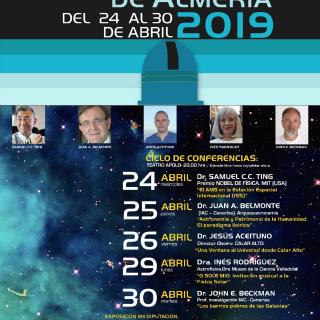Bibcode
Blasco-Herrera, J.; Fathi, K.; Östlin, G.; Font, J.; Beckman, J. E.
Referencia bibliográfica
Monthly Notices of the Royal Astronomical Society, Volume 435, Issue 3, p.1958-1983
Fecha de publicación:
11
2013
Número de citas
7
Número de citas referidas
7
Descripción
We present analysis of Fabry-Perot interferometric observations for a
sample of 11 starburst galaxies with redshift z ≲ 0.03 selected
from the Sloan Digital Sky Survey. We have targeted the Hα
λ 6562.78 emission line at spatial sampling of 0.2arcsec-0.4
arcsec and at spectral resolution of R ˜ 16 000. Studying
two-dimensional maps for the velocity, velocity dispersion, line
emission and continuum deliver new insights into the nature of starburst
and postburst galaxies. The velocity fields are fitted to an exponential
disc model, providing scalelengths and masses, to be compared with the
photometric scalelength and the mass estimated from the velocity
dispersions. From the line emission, the star formation rates are also
calculated and compared with values in the literature. We have found
that between 55 and 64 per cent of our sample show large-scale
dominating rotation, while 27 per cent show local rotation typically
restricted to the central part of each system. The morphology and line
profiles in the centre of eight objects are consistent with a recent
merger, while another two seem to be involved in a accretion process
which, for the moment, has not disrupted their kinematics.
Proyectos relacionados

Estudios Cinemáticos, Estructurales y de Composición, de los Medios Interestelares e Intergalácticos
El objetivo básico del proyecto es investigar la evolución de las galaxias mediante el entendimiento de la interacción del medio interestelar y las estrellas. La técnica principal que utilizamos es la cinemática bidimensional de galaxias enteras observada por nuestro instrumento GHaFaS, un interferometro Fabry Perot en el telescopio William
Prof.
John E. Beckman